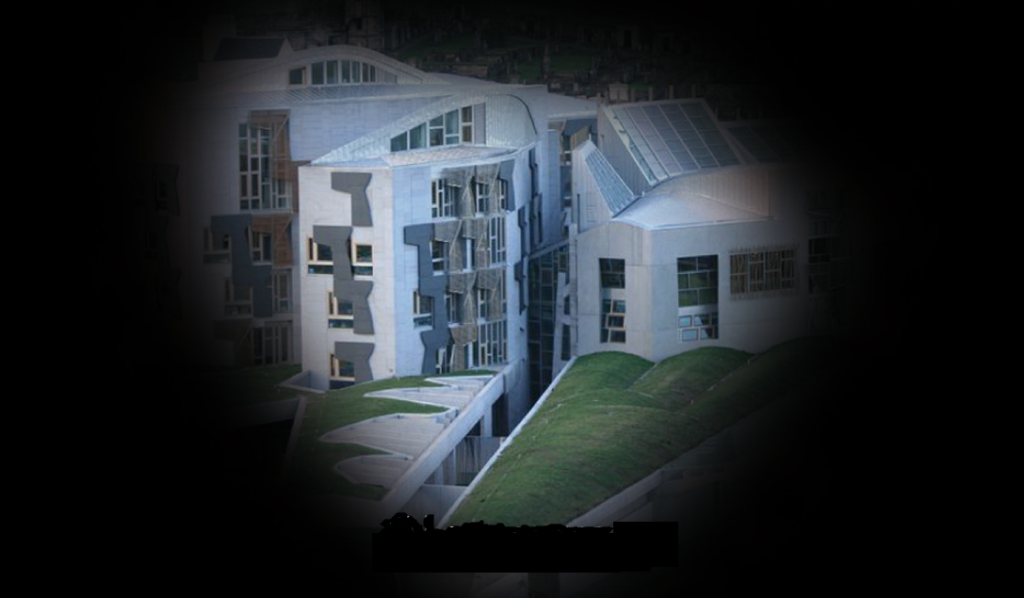
Over 8,500 blind and partially sighted people and their supporters across Scotland have been urged to join a concerted drive to contact their local candidates for the Scottish Parliament election in May.
The move comes after a year of lockdowns which sight loss charity RNIB Scotland says has exacerbated the issues that have made life more difficult for those with a visual impairment
It is linking people on its database to an online system that will let them quickly find and email the election candidates standing in their area.
“Covid highlighted some serious gaps in our services last year, gaps that were troubling enough in normal times but very alarming during a period of crisis,” said director James Adams.
“Vital information that sometimes wasn’t available initially in formats like audio and braille, access to online shopping, confusion over social distancing and guiding – not priorities for most people, perhaps, but absolutely essential to those who are blind and partially sighted.
“We want to mobilise our members and supporters to push their concerns onto the political agenda.”

In its own manifesto for the election, RNIB Scotland is calling for sight loss issues to be given more priority – not least a commitment that voting itself will be made more accessible for blind and partially people.
Research by RNIB last year found that only 13 per cent of one blind voters across the UK, and less than half of partially sighted voters (44 per cent), said they were able to vote independently and in private in the last General Election. A legal ruling in 2019 criticised existing arrangements for voters with sight loss as ‘a parody of the electoral process’.
The RNIB Scotland manifesto also calls for emotional support for people first diagnosed with sight loss, more specialist teachers in schools, disability benefits that better recognise the needs of blind and partially sighted people, and support in finding employment.
The charity wants an assurance, too, that the new post-covid emphasis on ‘active travel’ – which could see the legalisation of rented e-scooters – doesn’t infringe on the rights of people with disabilities to go safely outdoors.
“After the shock that was covid in 2020 we need to make our society safer and more resilient,” said Mr Adams. “But let’s grab this opportunity to make it fairer, too. Covid gave us all a sense of what it’s like to feel more vulnerable and unsure, more dependent on each other.
“Scotland should plan for more than just a return to yesterday in 2021 but aim towards a better tomorrow. Let’s make sure that the society and structures that we do at last come back to are open and inclusive for everyone.”
* The RNIB Helpline can be called on 0303 123 9999. The RNIB Scotland website is at www.rnib.org.uk/scotland.






